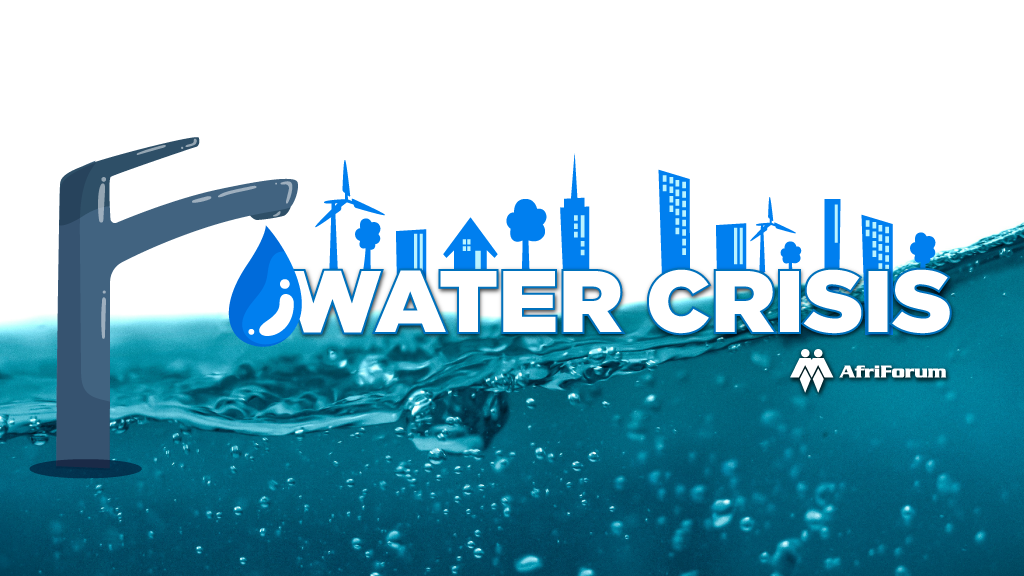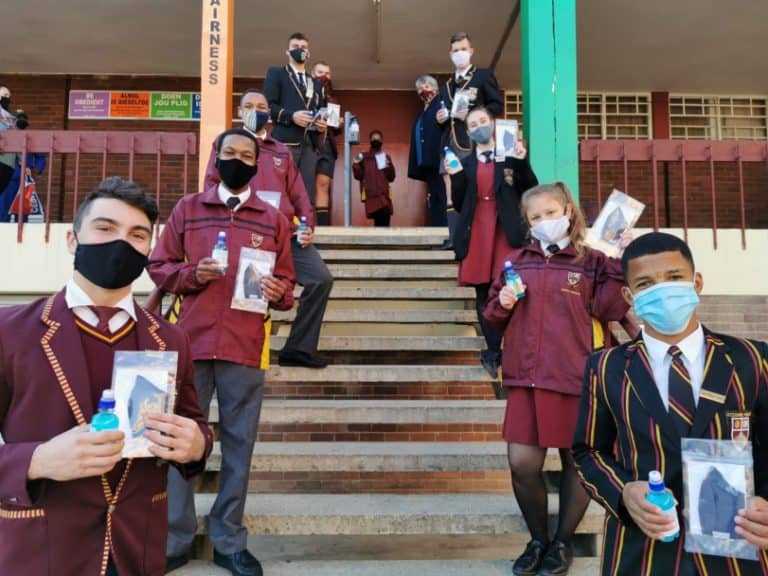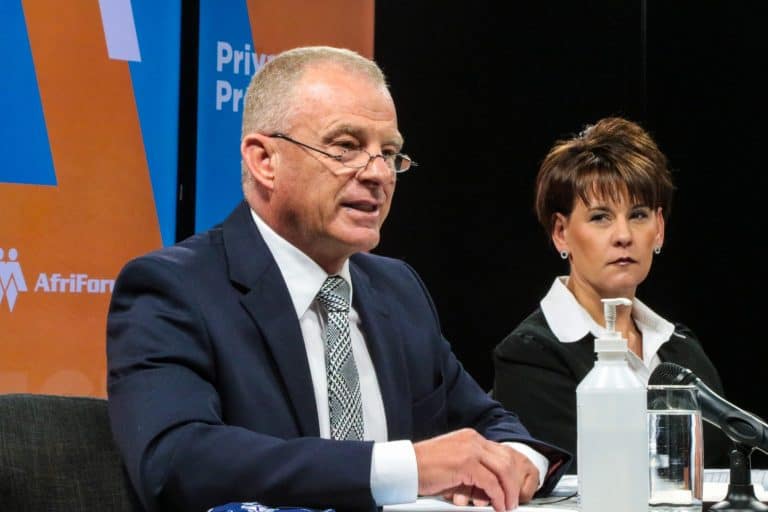DWS again offers empty rhetoric instead of reform – AfriForum
Soundbite: Lambert de Klerk (English)
Klankgreep: Lambert de Klerk (Afrikaans)
Despite repeated promises of reform and investment in infrastructure, the Department of Water and Sanitation (DWS) continues to fail citizens by empowering mismanaged municipalities and avoiding difficult but necessary structural changes. This according to AfriForum, who says Minister Pemmy Majodina’s 2025/2026 Budget Vote speech lacks substance, accountability, and urgency in addressing South Africa’s water and sanitation crisis.
“Minister Majodina’s speech offered familiar rhetoric regarding supporting municipalities and expanding access to service delivery yet failed to address the core issues of poor governance, failing wastewater systems and the staggering water losses, which amounts to a national average of nearly 50% due to leaks and such,” says Lambert de Klerk, AfriForum’s Manager for Environmental Affairs.
“Government’s approach amounts to pouring water into a leaking bucket. There’s no meaningful plan to fix the leaks, hold non-compliant municipalities accountable, or include civil society and the private sector in driving urgent repair work.”
AfriForum emphasise that there are important omissions and shortcomings in the Minister’s speech. This includes no clear plan to reduce the volume of water pumped into distribution systems and the volume of water that is actually billed to customers, also known as non-revenue water, which exceeds R12 billion in annual losses. Moreover, there is no binding accountability mechanism for underperforming municipalities or polluters of rivers. There isn’t even any mention of empowering communities and civil organisations to intervene in areas where municipal service delivery has collapsed.
The country’s water security will not improve through political speeches, but through tangible action. AfriForum therefore reiterates its call for legislative and political support for community-driven service delivery alternatives under the Water Services Act and Municipal Systems Act; immediate commitment to fixing leaks and restoring water infrastructure; and ending the monopoly that failing municipalities have over essential water services.
AfriForum remains committed to mobilising civil society and pursuing legal, technical, and community-based solutions where government has failed. The civil rights organisation will continue to monitor the Department’s progress, particularly regarding water quality, infrastructure management, and public accountability.











